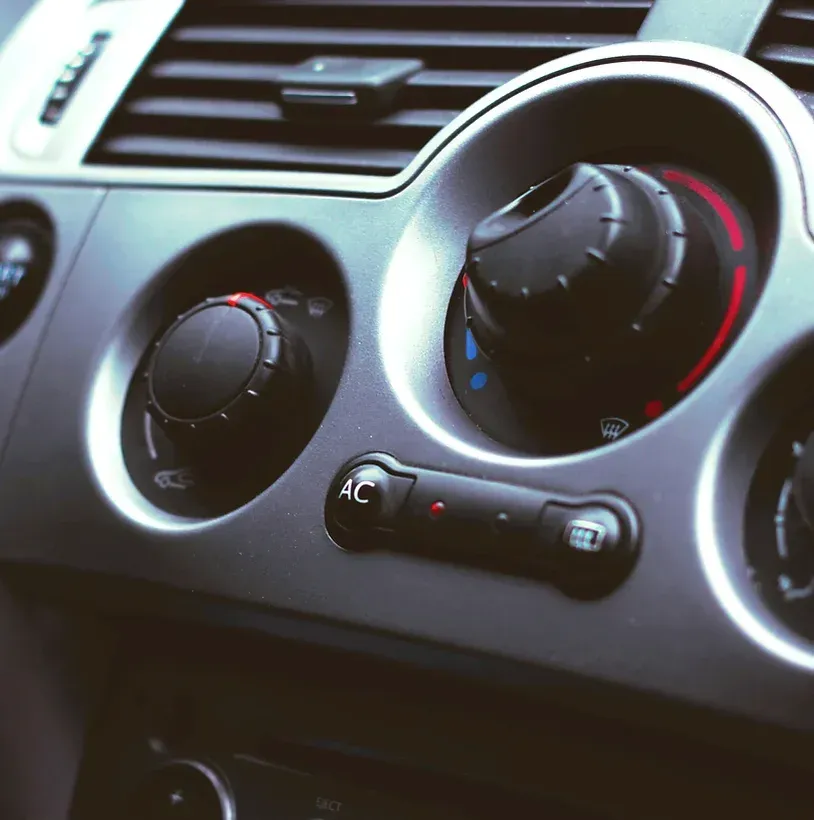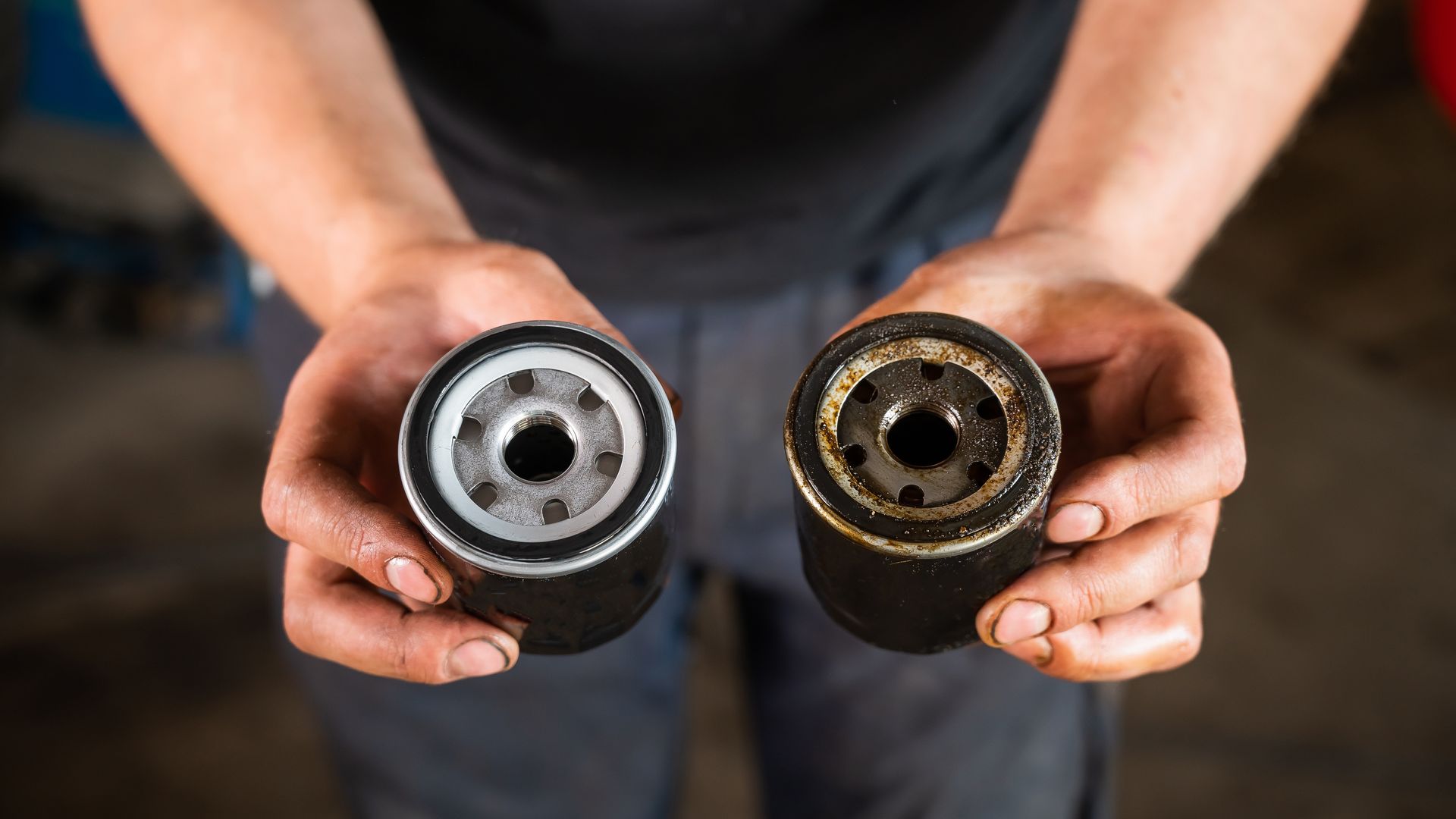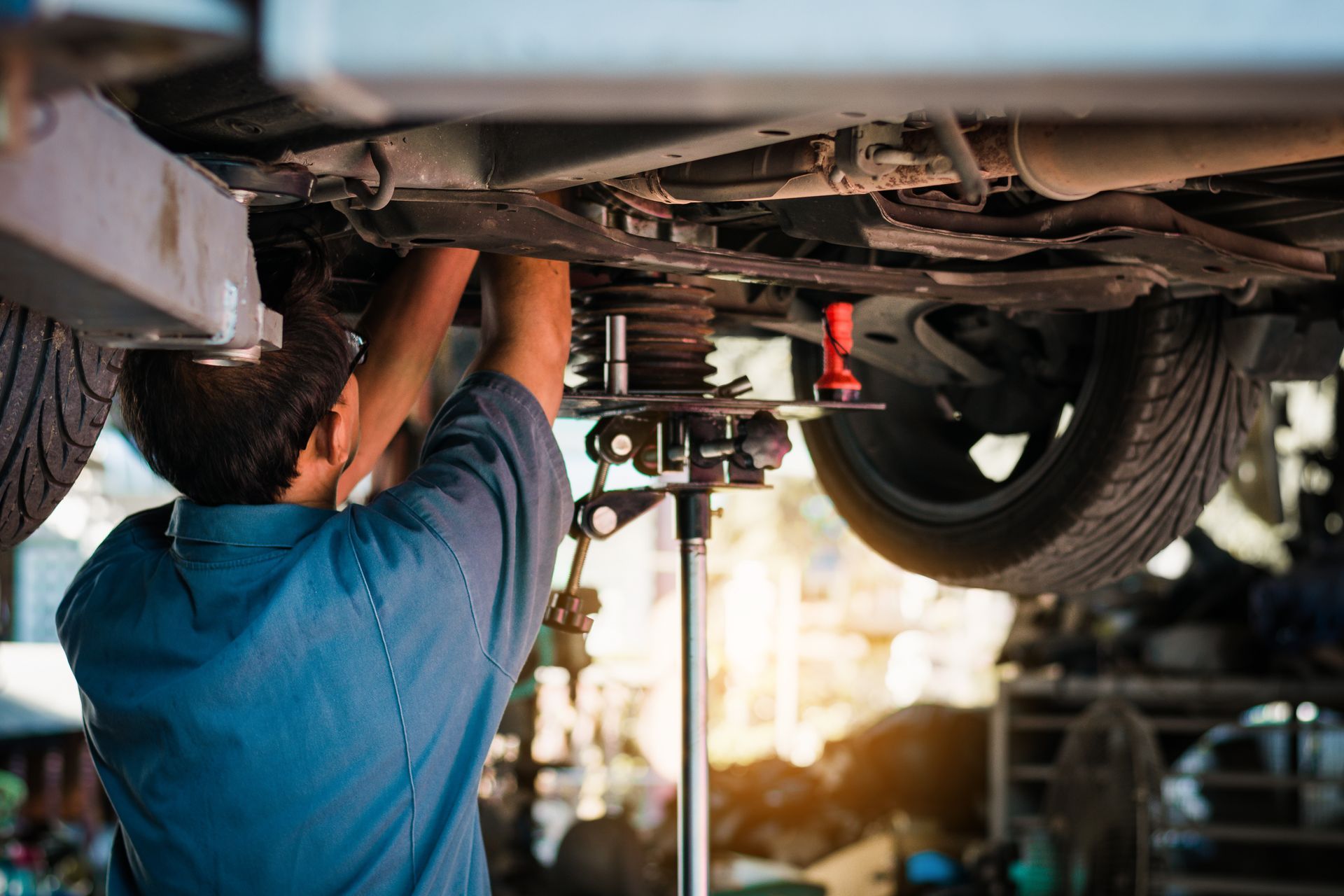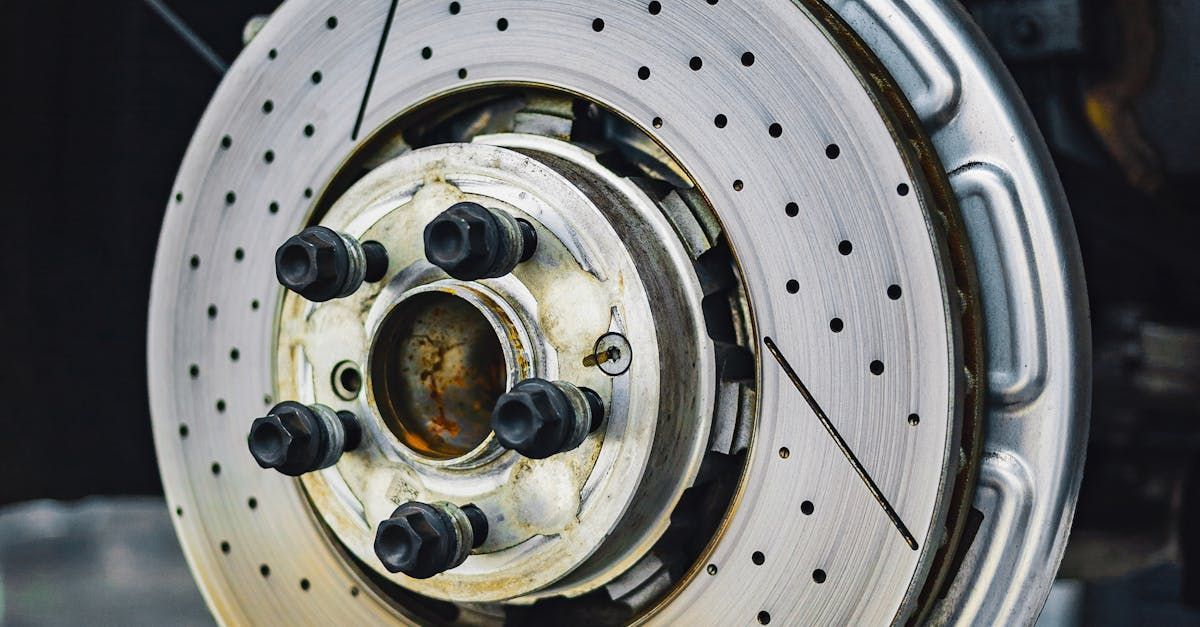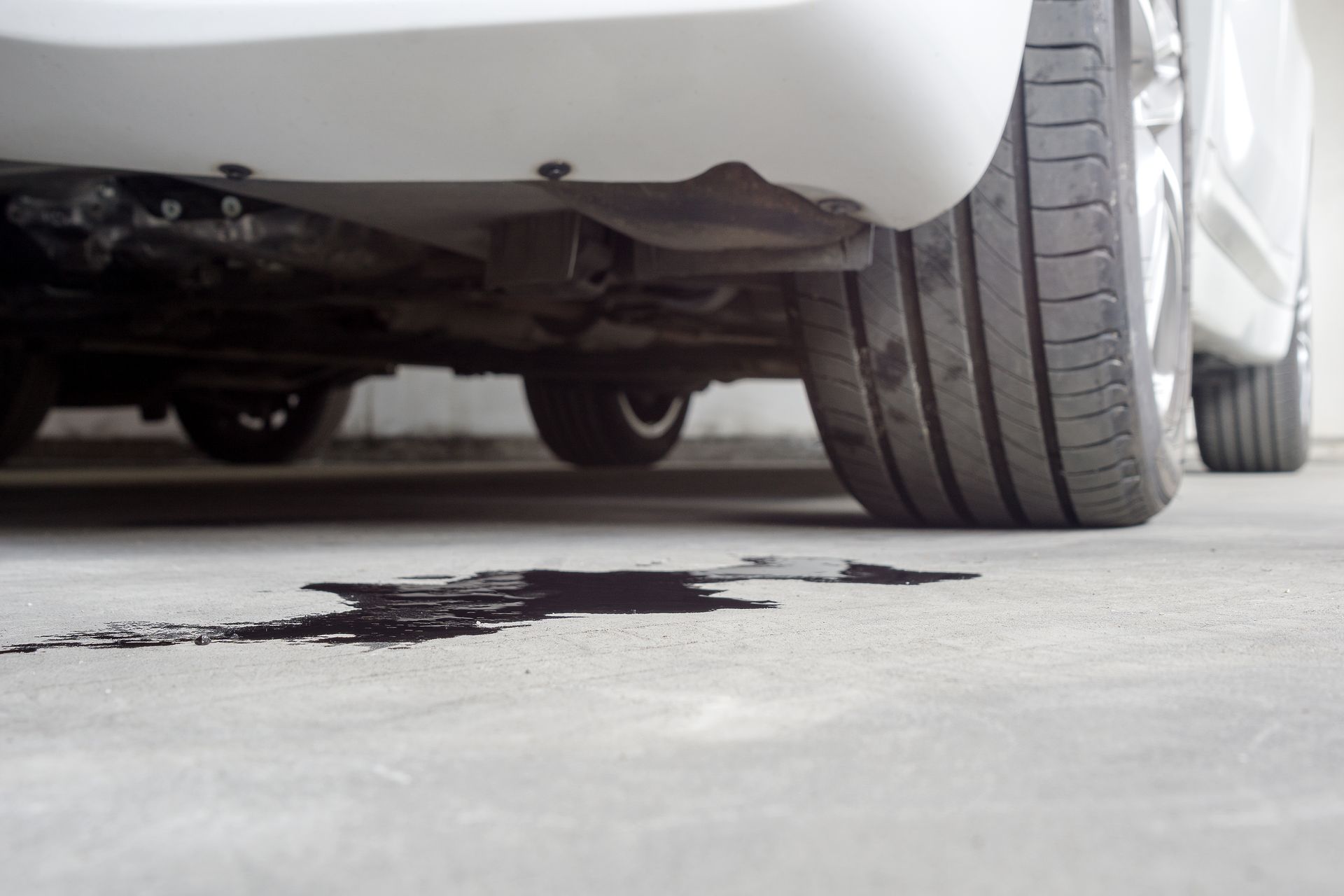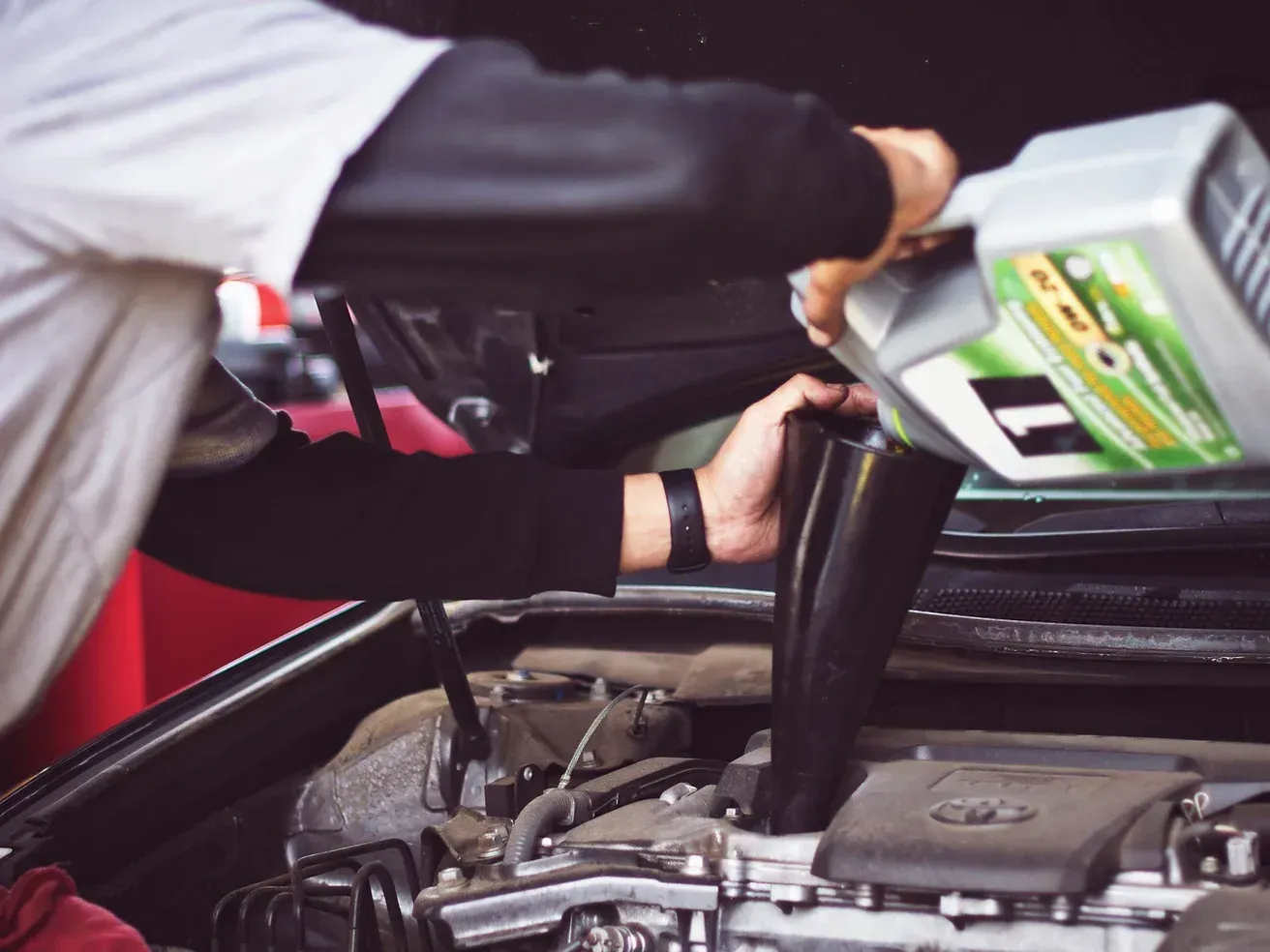Troubleshooting Common Auto Electrical Problems in Hudsonville | Rozema's Car Care
Welcome to Rozema's Car Care, your go-to source for reliable automotive advice and service in Hudsonville, Michigan. Today, we're diving into a topic that vexes many drivers: common auto electrical problems. Understanding these issues is not just about fixing them—it's about keeping your vehicle reliable and road-ready. At Rozema's, we believe in empowering you with knowledge to make informed decisions about your car's maintenance and repairs.
Understanding Your Vehicle's Electrical System
Before we tackle the common issues, let's understand the basics. Your vehicle's electrical system is a complex network that includes the battery, alternator, starter, and a myriad of sensors and computers. This system powers everything from your car's headlights and dashboard indicators to the engine control unit and entertainment system.
1. Battery Woes: More Than Just Charge
The heart of your car's electrical system is the battery. A failing battery can manifest in several ways:
- Dimming headlights: This is often the first sign that your battery may be on its last legs.
- Slow engine crank: If your vehicle is sluggish to start, the battery might be the culprit.
- Electrical malfunctions: Unexplained issues with your radio, lights, or dashboard could indicate battery problems.
At Rozema's Car Care, we recommend checking your battery at least twice a year. Our Hudsonville location offers battery testing and replacement services to ensure you're never left stranded.
2. Alternator Issues: The Powerhouse Problem
Your alternator charges the battery and powers the electrical system while your car is running. Symptoms of a failing alternator include:
- Battery warning light on the dashboard: Often, this is mistakenly attributed solely to battery health.
- Strange noises: A failing alternator can produce a growling or whining noise.
- Electrical inconsistencies: Flickering lights or unpredictable electronic functionality can signal an alternator issue.
Don't ignore these signs. At Rozema's Car Care, we can diagnose and address alternator problems, keeping your vehicle's power supply stable and reliable.
3. Starter Struggles: It's All About the Ignition
The starter is what gets your engine going, and when it fails, your vehicle won't start. Signs of a starter problem include:
- A single click when turning the key: This is often indicative of a starter issue.
- Smoke when starting the vehicle: This can be a sign of a starter that is overheating or malfunctioning.
- Frequent stalling: If your car stalls shortly after starting, it might be related to the starter.
Regular maintenance at Rozema's can help prevent unexpected starter failures. Our expert team in Hudsonville is ready to assist with all your starter needs.
4. Wiring Woes: The Silent Saboteurs
Wiring problems can be tricky to diagnose but can cause significant issues in your vehicle’s electrical system. Common signs include:
- Burnt smells: Damaged wires can sometimes produce a noticeable burnt odor.
- Fuses that blow frequently: This may indicate an underlying issue with your vehicle’s wiring.
- Intermittent power loss to accessories: If your car's accessories cut out randomly, there could be a wiring issue.
Our skilled technicians at Rozema’s Car Care are adept at pinpointing and fixing wiring problems, ensuring a seamless flow of power throughout your vehicle.
Why Choose Rozema’s Car Care?
At Rozema’s Car Care in Hudsonville, we are committed to providing top-notch auto repair services with a focus on customer satisfaction. Our expertise in auto electrical systems makes us a preferred choice for drivers seeking dependable and thorough car care. We use the latest diagnostic tools and techniques to solve your auto electrical problems efficiently and effectively.
Conclusion
Facing electrical issues in your vehicle can be daunting, but with Rozema’s Car Care, you're in good hands. Our team is dedicated to providing you with the knowledge and services necessary to maintain your car in top condition. Don’t let electrical issues keep you off the road—visit us today or schedule an online appointment to ensure your vehicle remains reliable and safe.
Thank you for choosing Rozema's Car Care, where we not only fix your car—we care about your safety and satisfaction.
